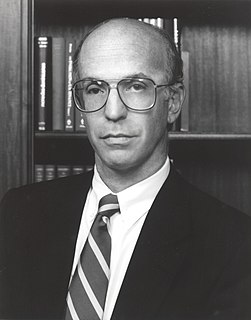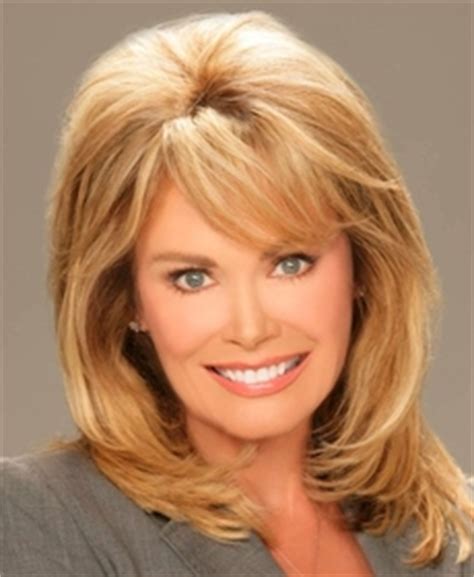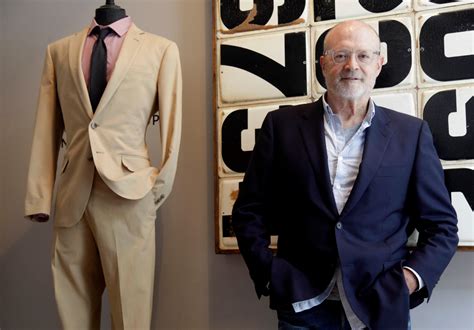A Quote by Rajeev Suri
I want to be very clear: if we are to sell this business, we are not a forced seller.
Related Quotes
I think it is clear to everyone what happens in the Fifth . The rejoicing is forced, created under threat, as in Boris Godunov . It's as if someone were beating you with a stick and saying, "Your business is rejoicing, your business is rejoicing," and you rise, shaky, and go marching off, muttering, "Our business is rejoicing, our business is rejoicing.
When cattle ranchers clear rain forests to raise beef to sell to fast-food chains that make hamburgers to sell to Americans, who have the highest rate of heart disease in the world (and spend the most money per GNP on health care), we can say easily that business is no longer developing the world. We have become its predator.
The great danger to the consumer is the monopoly -whether private or governmental. His most effective protection is free competition at home and free trade throughout the world. The consumer is protected from being exploited by one seller by the existence of another seller from whom he can buy and who is eager to sell to him. Alternative sources of supply protect the consumer far more effectively than all the Ralph Naders of the world.



































